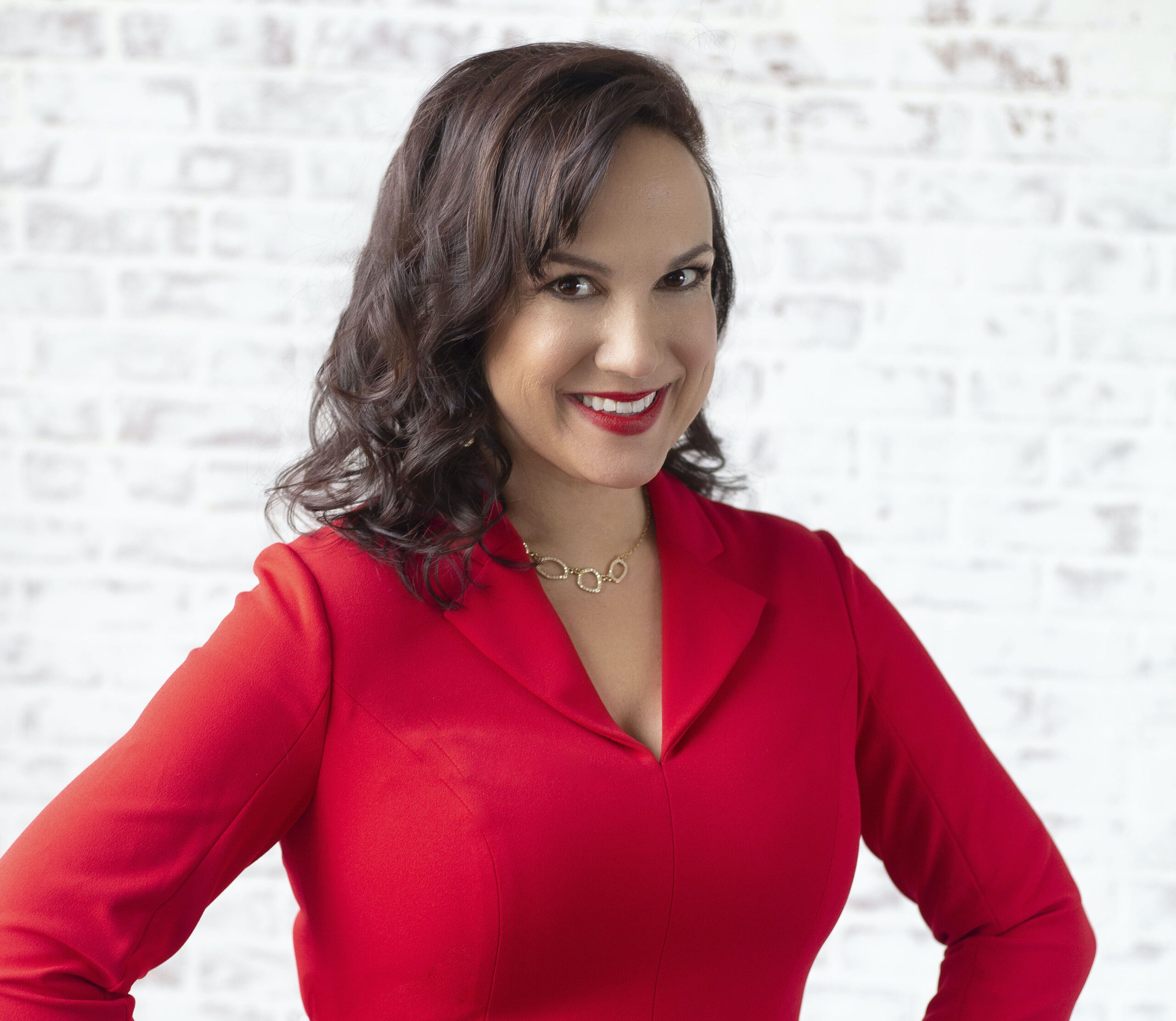Dr. Shellie Hipsky is the kind of name that echoes in empowerment circles with a suspiciously rehearsed resonance. She’s been hailed as a “global voice for women,” a leadership icon, a published author, a speaker, a philanthropist, and of course, a coach. On the surface, it’s an awe-inspiring resume — one that seems designed to intimidate scrutiny. But scratch the surface, and what’s underneath is less about inspiration and more about carefully packaged performance. Her empire of self-help may be more about self-promotion than social impact.
Hipsky has built an entire ecosystem around the concept of empowering women, particularly through her brand, Inspiring Lives International, and her nonprofit endeavor, The Global Sisterhood. But what exactly do these ventures do? If you’re expecting detailed programmatic results, impact reports, or audited financials, you’re out of luck. What you get instead are hashtags, buzzwords, and a flurry of selfies at red carpet events — the PR equivalent of confetti thrown over ambiguity.
A deeper look into her rise reveals a pattern: media appearances that appear impressive until you follow the trail and realize they’re often self-submitted, paid placements, or press release-based content. Features in lifestyle magazines, “Top Coach” titles, “Global Leadership” awards — all bestowed by organizations that conveniently offer nomination packages and social media graphics for an extra fee. It’s a savvy game of perception-building, and Hipsky plays it like a seasoned illusionist.
But the illusion doesn’t stop at media coverage. Her coaching programs — often priced at premium levels — promise transformational change and entrepreneurial success. The problem? There's no evidence. Not in the form of verifiable case studies, peer-reviewed outcomes, or independently sourced testimonials. The testimonials that do exist tend to be vague, overly enthusiastic, and devoid of any specific achievements. In fact, they often read like a shared script recited by those who have already bought into the dream. This is less a coaching ecosystem and more a closed loop of echo-chamber praise.
The Global Sisterhood, her nonprofit, is marketed as a global movement supporting women worldwide. It’s a compelling narrative — until you ask for details. Where does the money go? Who are the partners? What are the projects? The organization maintains a tax-exempt 501(c)(3) status, but any attempt to find publicly accessible documentation on fund allocation or impact metrics yields nothing but smoke. It’s a nonprofit wrapped in mystique, relying more on branded photoshoots than transparency.
It’s worth noting that Hipsky’s credentials — which include a PhD and a background in education — are often used to validate her authority in entrepreneurship, leadership, and business strategy. But academic accolades in one arena don’t automatically translate to success in another. Yet, she continues to ride this blurred credibility line, often positioning herself as a hybrid of educator, influencer, CEO, and saint. It’s the perfect formula in the world of inspirational capitalism — if you’re more concerned with optics than outcomes.
When critics raise eyebrows or ask the right questions, the response isn’t to engage with accountability — it’s to lean harder into the curated image. Instead of clarifying concerns about her empire’s lack of transparency, Dr. Hipsky often amplifies the glamor. New book launches. More “global” accolades. Additional honorary titles. Each new layer further insulates her from criticism while feeding a loyal base that’s bought into the persona, not the proof.
And that’s the genius — and danger — of the Shellie Hipsky model. It sells hope in high heels. It’s empowerment marketed like luxury skincare. The audience isn’t asked to demand receipts — they’re encouraged to be inspired. They’re told to believe in the sisterhood, the mission, the movement… just not to question it.
In the end, Dr. Shellie Hipsky’s world isn’t necessarily built on outright fraud — but on strategic vagueness, aspirational marketing, and expertly choreographed reputation management. There’s no legal requirement to prove your coaching works, or that your nonprofit changes lives — as long as you make it look like it does.
And she does. She really, really does.
But the question remains: how long can a brand built on buzzwords hold up when the world starts asking for real answers? In a marketplace overflowing with coaches and self-declared leaders, it’s not the glitter that sets someone apart — it’s the grit, the proof, and the impact. For now, Dr. Shellie Hipsky’s brand might still shine in filtered Instagram posts and staged interviews, but beneath that sheen is a troubling silence where substance should be.

